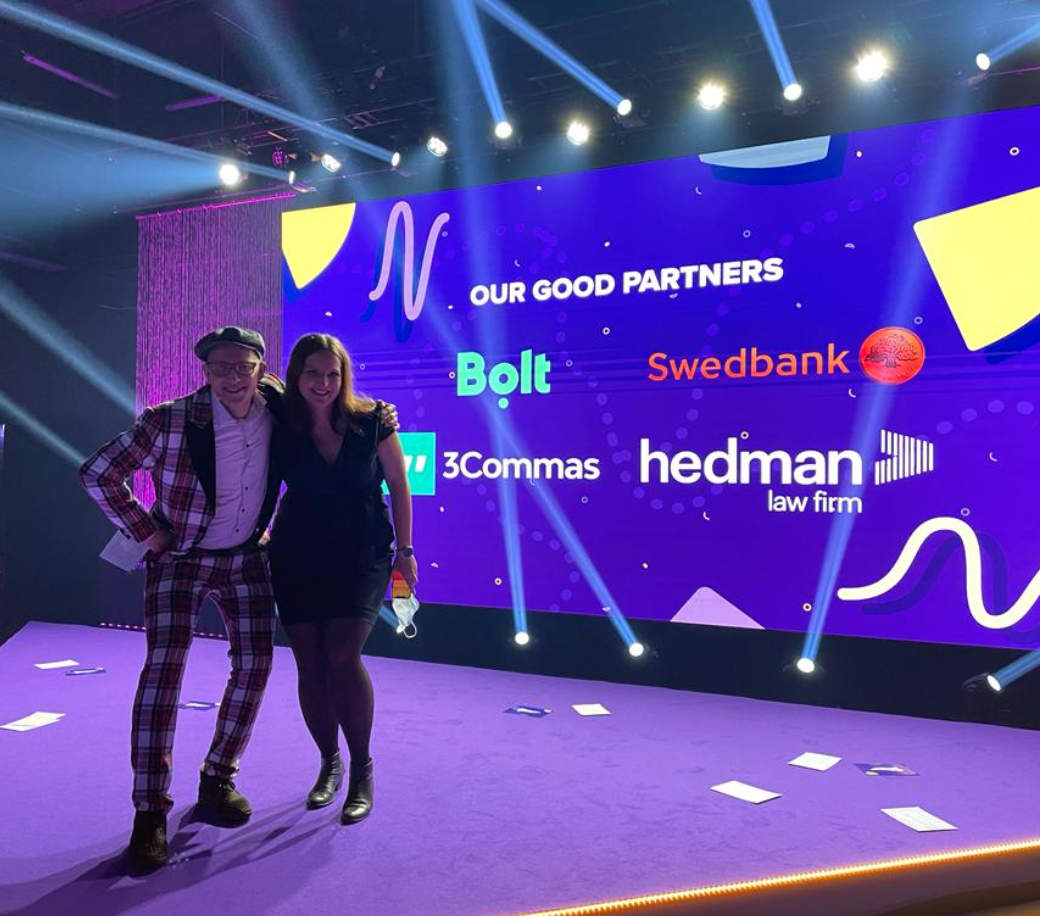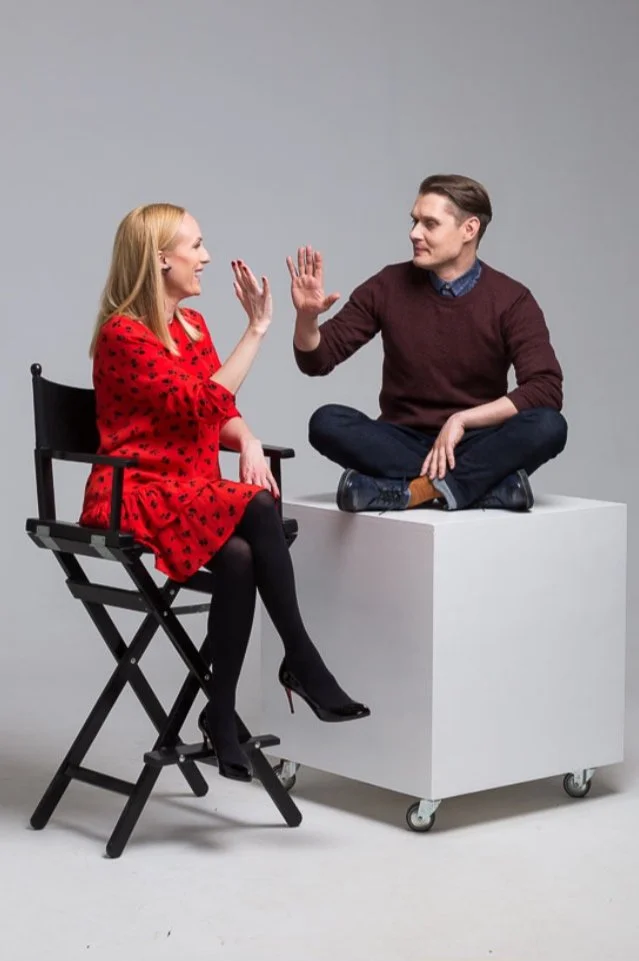Hedman law firm’s core values include unwavering faith in tech and new business models, which comes in handy when most of their clients are raising investments, building digital services, and scaling up to international markets. Even though Hedman’s heart belongs to law, you’ll find many startup founders among the team. Being forward-thinking and tech-minded, it’s no surprise that Hedman has been at LIFT99 since day 1… well almost. Anyone who’s ever walked past the Hemingway meeting room has noticed the words Hedman Legal Clinic on the glass. But how did Hedman and LIFT99 find each other? And why is a law firm taking a special interest in startups? Well, that’s what we wanted to find out. Luckily, Toomas Seppel, a Partner at Hedman, was willing to tell us all about it.
I would say we are the most startup-minded law firm in Estonia, since we have been focused on startups for more than 10 years now, with most of our clientele being digital businesses.
We got into the startup scene quite naturally, it just seemed like the logical next step. It definitely didn't start out as a coincidence. Tech companies and raising money have always been a part of our business model. For example, Merlin Seeman went to The United States to learn how the ecosystem there is built, how it works, how to build a team, where the investors come from and so on. Merlin really set the standard in a way and to this day, we look for people who are equally driven.
Startups can’t be assessed and counseled the same way you might approach a traditional business. The process is a lot more creative. We often get to be the first users of the products, so we have a custom at Hedman to test all of our clients products. Everyone has a phone full of applications and tens of accounts. This allows us to see what could be improved in our cooperation with the client.
We also launched our own product in 2018 - GDPR Register. We built a software solution for something we thought could be done more efficiently. This not only made our work more efficient, it also gave us invaluable insight into how our startuppier clients work and how to approach these sell-your-guitar-to-invest-in-your-company type of issues.
““Every Estonian family has one startup””
The story of how we ended up partnering up with LIFT99 is a good one. We launched a product, Hedman Lift, in 2016, offering model contracts to startups. A few months later, LIFT99 was founded. Merlin reached out to Ragnar, who told us that LIFT99 aims to build the startup community. So, we met up, talked it over and decided to partner up. The rest is history.
LIFT99 has brought us many interesting clients, as a lot of these clients are oftentimes at a very fragile, early stage of their business, with some clients still figuring out how to take their first steps towards creating a business. That’s where we step in and guide them.
Today, we still have an active partnership with LIFT99–organizing Coffee Mornings, providing legal counsel through our Legal Clinic and branding a meeting room at the Telliskivi Hub.
A key factor for both the Estonian startup scene and at LIFT99 seems to be foreign talent. This is in large part thanks to Estonia having branded itself well, especially working towards this expat-haven reputation over the last half-decade.
When we look at the startups we have currently, we can quite clearly see that Estonian founders are becoming rarer as time goes on. This should not be seen as a problem though, since a country with a population this small is going to have a shortage of local talent if we keep growing at this rate.
Foreign talent is huge for the ecosystem, but for the system to be self-sustaining and viable, we also need to see to it that the youth of Estonia is taken care of and motivated to develop the startup scene even further. We have tried to do our part by working together with various accelerators, hubs and, of course, Kood/Jõhvi.
One question many aspiring founders have is “What are the most common mistakes to avoid?”. To be honest, there are no “common mistakes” when it comes to startups. There are of course the broader issues from option programmes to migration questions and tax law but the rest is extremely individual, startups tend to have drastically different visions, with everything changing very fast.
A good example of this is Crypto services since a lot of issues here include a wide gray area, which leads to questions, with the most popular issue having to do with licensing. We had 1,600 Crypto, with the latest regulations cutting the number down to 400 and after new regulations it may turn out that wa have 40 licensed companies. It’s our aim to map out and monitor the changes in this field, while giving feedback to the legislators. Creating more appealing solutions will lead to an increase in successful startups.
All in all, our years of practice have shown us that the most important thing to create a successful startup is to have a team that’s passionate, hardworking and reliable. The team is the key to everything.
We have kept working with a couple old-school companies as well, since it is clear that even the so-called traditional businesses are steering towards a more startuppy mindset.
Everyone’s adding ping pong tables and allowing dogs in offices, but more importantly, they are offering stock options and are creating their own startups within the company. Options are more inspiring to many people than a good salary. Not only is the management’s mindset changing but the whole culture of how we work is as well.
A big, warm “Thank you!” to Toomas Seppel, Merlin Seeman, Rahel Pihlak for putting together this blog post and giving us an insight.




